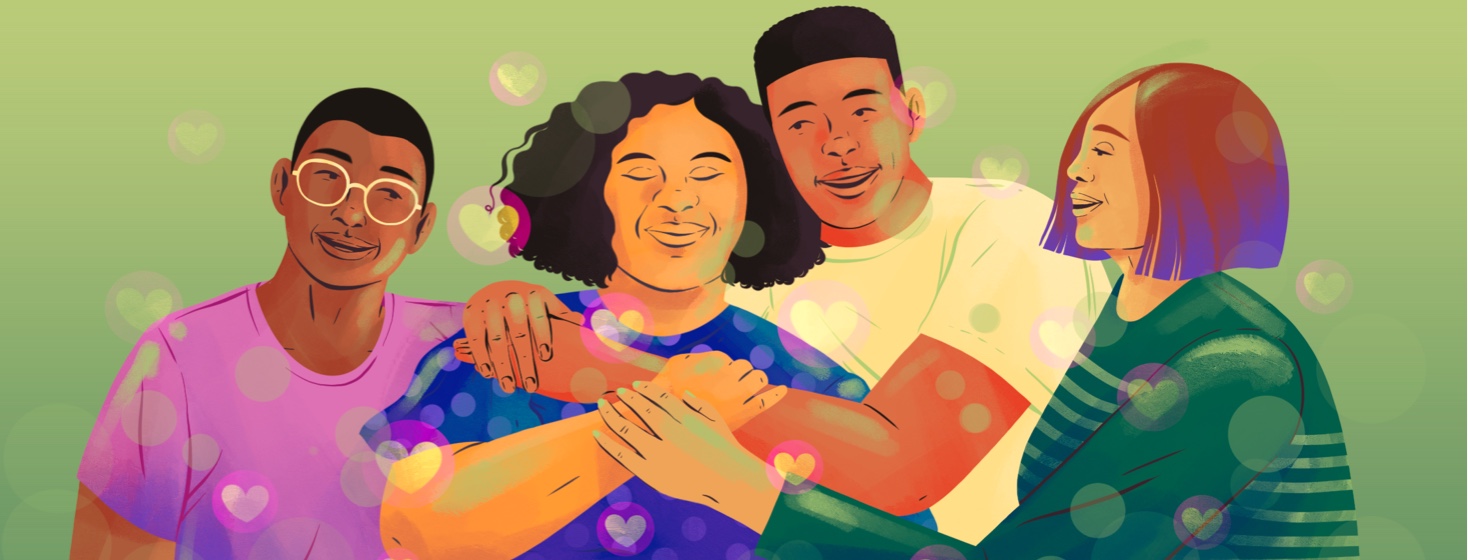A Family Affair: Engaging in Crucial Conversations
Whether realized or not, coping is a learned trait. Early in life, opinions, values, and beliefs are shared to prepare us for our future. During infancy, we learn rules and boundaries of expression. Much in the same way a baby eats applesauce for the first time, that little tongue pushes back until the caregiver finds a way to send a message about food.
Learned ways to communicate
Proceeding through life, we often call upon lessons from this early time of life to cope with the most difficult tasks. A diagnosis of cancer is unknown. With little preparation, many turn to what worked in their past like web resources or trusted friends.
It is particularly important to use our learned information together with what we think and feel. Experts tell us that what we think and feel affects our behavior. Searching for an understanding of cancer requires a state of readiness to process information and act.
How do we talk with our families?
Part of that action includes talking with family. Learning how to communicate, is also based on family norms. Take yourself back to your last Thanksgiving dinner. Look around the table and consider the discussion. Are there forbidden subjects? What happens when expressed? How do you usually manage important information? How do family members deliver bad news?
Some family members have great facilitating skills and encourage open conversation and listening. If this is not the case, it can be learned. You understand you need all the support you can get. Yet, you are the new teacher. Issues about cancer create emotional responses which promote discussion.
In fact, crucial conversations are discussions between two or more people where stakes are high, opinions vary, and emotions run strong. You may not get what you need the first time you approach family and friends with your news. However, I have great confidence you know your people. You also know how to instruct them to offer support.
Your social atom
A social atom is a demonstration of your "peeps," all the people in your life who are there for you in some way. You may keep them close or distant based on the way you need them. Some are there to challenge you, some to coach you, and others to simply love you no matter what.
Take the time to be clear about what you need and whom you need it from. You might want to provide ground rules. While remaining open to new perspectives is always a healthy way to go, it can be taxing and needs limit setting. Let a peep take on the role of policing when your energy is down.
Remain in the CEO position. Remind others you do best when you have some control. Especially now, at a time when you doubt your success, find areas of collaboration.
Help family and friends understand your patterns of illness during treatment. For me, the first week after chemo was the worst. I called these my "dark days." Name it what you wish. Describe it. If necessary, totally limit unnecessary communication during this time. It's all good. The ones you love will be there on the other side.
Editor’s Note: We are extremely saddened to say that on August 9, 2024, Ellen Reed passed away. Ellen’s advocacy efforts and writing continue to reach many. She will be deeply missed.

Join the conversation